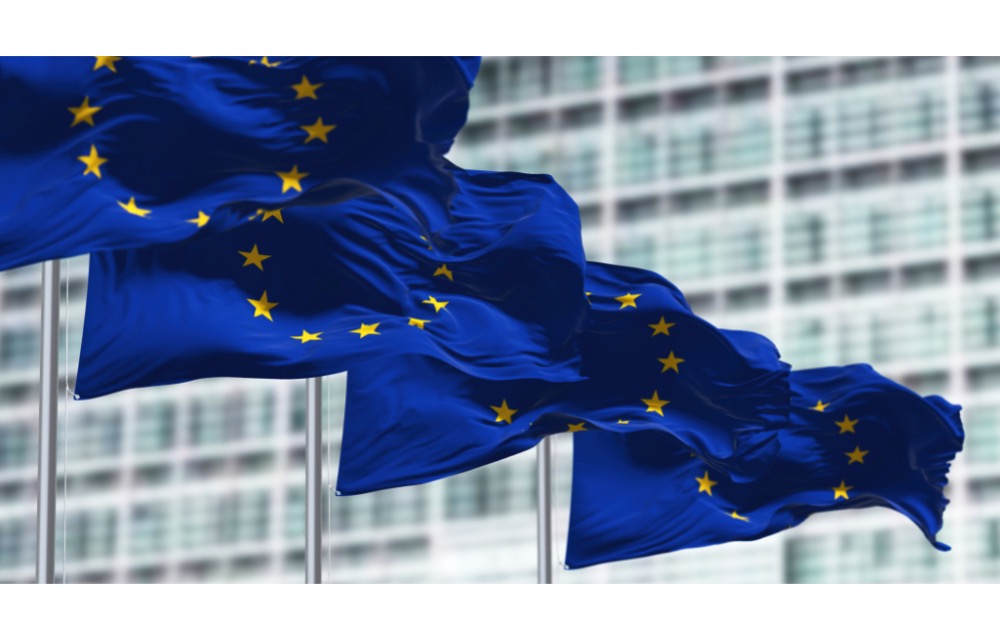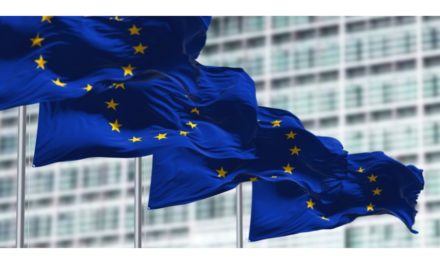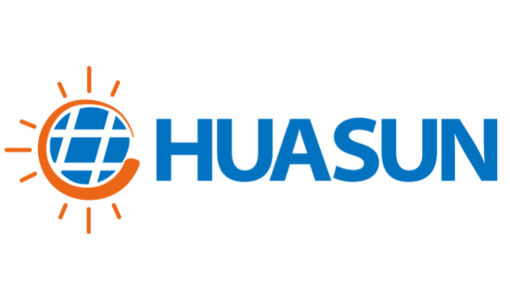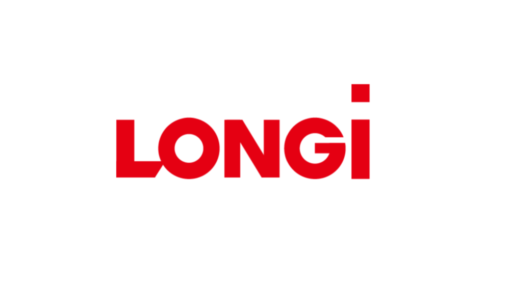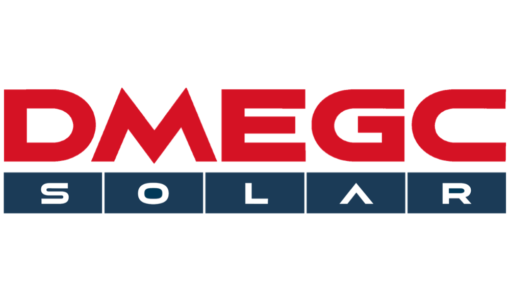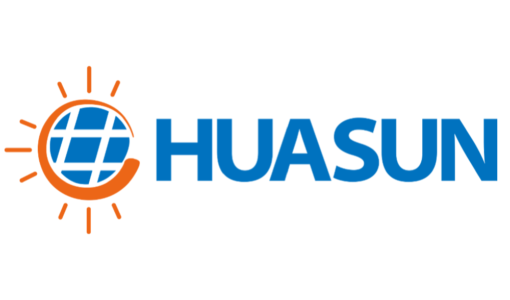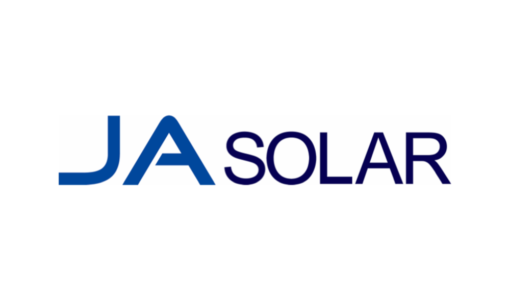- The EU Parliament has given its nod to the regulation related to forced labor products entering the bloc
- Products suspected of having been made with forced labor will be investigated and withdrawn from the market
- Member nations will get 3 years to apply the rules in their respective countries once these are published in the official journal
The European Parliament has green-signaled the regulation that will enable the European Union (EU) to prohibit the sale, import, and export of goods made using forced labor. It will be published in the official journal soon after the EU Council gives formal approval.
The EU Council and Parliament reached an agreement over forced labor concerns in March 2024 (see EU Not Thinking About Trade Measures For Solar Imports).
While the EU Parliament does not specify any products or industries to be covered under the new regulation, it stated that if suspected of forced labor, such products will be investigated and withdrawn from the market.
Several risk factors and criteria will be taken into account, including the prevalence of state-imposed forced labor in certain economic sectors and geographic areas, it added.
Investigation of suspicious goods, supply chains and manufacturers will be based on factual and verifiable information received from international organizations and whistle-blowers.
“Several risk factors and criteria will be taken into account, including the prevalence of state-imposed forced labour in certain economic sectors and geographic areas,” stated the EU Parliament. Member nations will have to start applying the rules within 3 years of the regulation being officially published.
Banned goods will need to be withdrawn from the EU single market by the manufacturer to donate, recycle or destroy. If the company can prove the elimination of forced labor from its supply chains, the products may be allowed back.
“We have adopted a ground-breaking piece of legislation to combat forced labour worldwide. This regulation fosters EU and international cooperation, shifts power from exploiters to consumers and employees, and offers possibilities for remedy for victims. It also transforms trade policies into a greener and fairer future,” said Rapporteur for the International Trade committee, Samira Rafaela.
For the solar PV industry, the EU’s decision on forced labor assumes significance as China’s Xinjiang, which is a major exporter of polysilicon to the world, is reported to use the Uyghur population as forced labor.
The US has also imposed the Uyghur Forced Labor Prevention Act (UFLPA) banning anything mined, produced or manufactured in Xinjiang from entering US shores, including polysilicon (see UFLPA Comes Into Force In The US).

